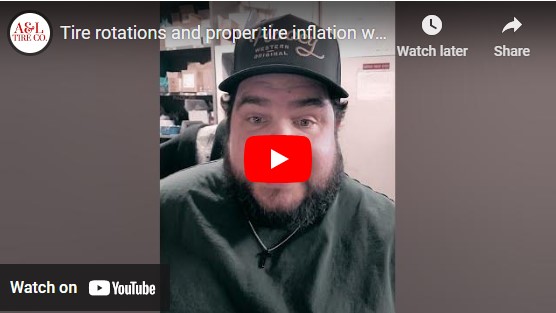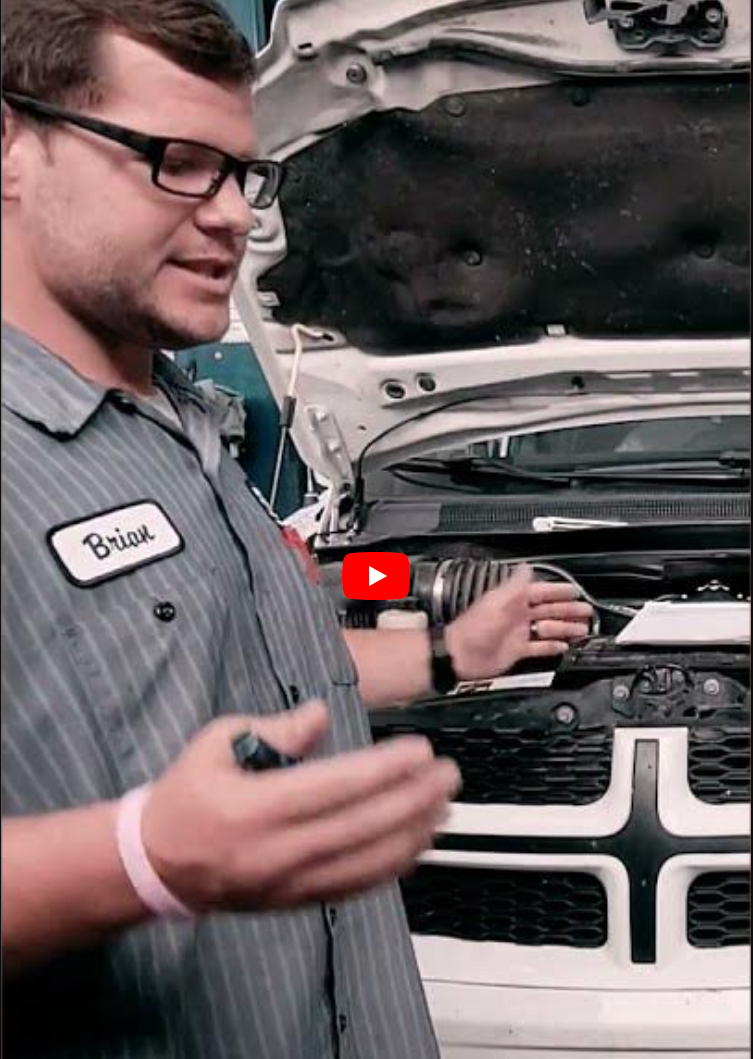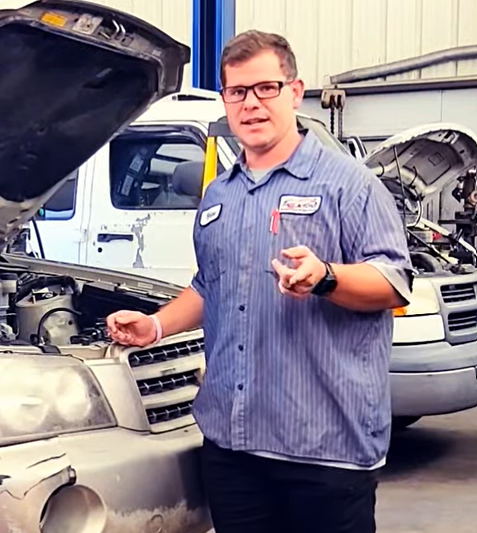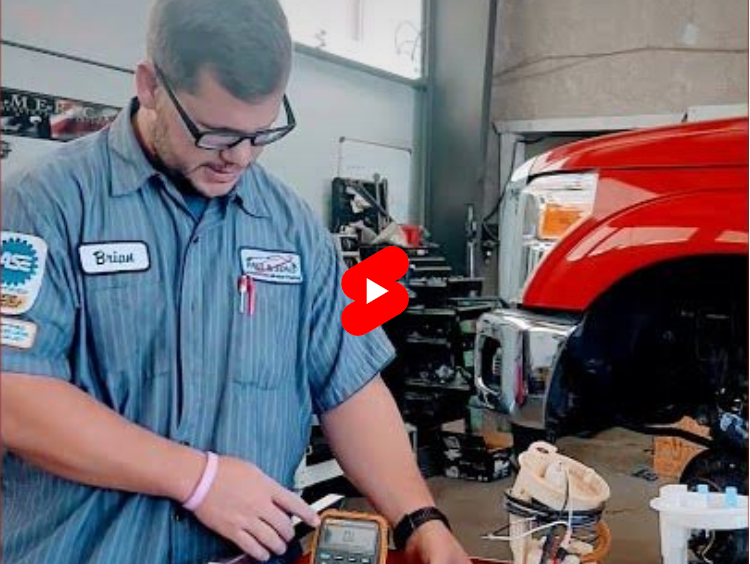Posted on 11/20/2024

Tire rotations are important because they ensure even wear across all four tires, promoting balanced handling, better traction, and improved fuel efficiency. Regular rotations help extend the lifespan of your tires, prevent uneven tread wear, and contribute to a smoother, safer ride. Neglecting tire rotations can lead to premature tire wear, reduced performance, and higher replacement costs
Posted on 11/13/2024

The Importance of Regular Oil Changes for Your Vehicle’s Longevity Regular oil changes are one of the most fundamental maintenance tasks for keeping your vehicle running smoothly. While it might seem like a minor detail in the grand scheme of car ownership, skipping oil changes can lead to major problems down the road. In this blog, we’ll explore why oil changes are so important, how they benefit your vehicle, and the potential consequences of neglecting them. 1. Lubrication and Engine Protection The primary function of motor oil is to lubricate the moving parts inside the engine. The engine is full of metal parts that are constantly moving and rubbing against each other. Without adequate lubrication, friction increases, which can lead to overheating, premature wear, and, eventually, engine failure. Fresh oil helps to maintain a thin protective film between these parts, reducing wear and tear and ensuring that your engine runs smoothly ... read more
Posted on 9/4/2024

There are several common reasons why your car might be leaking oil: Gasket or Seal Failure: Gaskets or seals in your engine, such as the valve cover gasket or oil pan gasket, can deteriorate over time and start leaking. Oil Filter Issues: If the oil filter is not properly installed or if it's damaged, it can cause oil to leak. Oil Pan Damage: The oil pan can become damaged from road debris or impact, leading to leaks. Cracked Engine Block: Although less common, a crack in the engine block can lead to significant oil leaks. Loose or Damaged Oil Drain Plug: The oil drain plug, located at the bottom of the oil pan, can become loose or damaged, causing oil to leak
Posted on 8/22/2024

When you decline a vehicle repair, it often means that an underlying issue remains unresolved. Over time, this issue can worsen and lead to additional problems. Here’s why this happens: Progressive Damage: Some vehicle issues, like a failing transmission or worn-out brakes, can deteriorate over time if not addressed. This can lead to more severe damage and costly repairs. Compounding Problems: Unresolved issues can affect other parts of your vehicle. For instance, a small oil leak can lead to engine damage if not fixed. Increased Wear and Tear: Neglecting necessary repairs can lead to increased strain on other components, causing them to wear out faster. Safety Risks: Certain issues, such as brake or steering problems, can become more dangerous if left unaddressed, potentially compromising your safety. Addressing repairs promptly helps prevent these cascading effects and ensures your vehicle remains reliable ... read more
Posted on 8/22/2024

Servicing your vehicle on time is crucial for several reasons: Safety: Regular maintenance helps ensure that all safety systems, such as brakes, tires, and lights, are functioning correctly, reducing the risk of accidents. Performance: Timely servicing keeps your vehicle running smoothly, enhancing overall performance and fuel efficiency. Longevity: Routine maintenance can prevent major issues and extend the lifespan of your vehicle by addressing wear and tear before it leads to significant damage. Cost Savings: Preventative maintenance is often less expensive than major repairs that result from neglected issues. Resale Value: A well-maintained vehicle typically has a higher resale value, as it demonstrates that it has been cared for properly
Posted on 8/14/2024

Faulty Fuel Sender Unit: This unit, located in the fuel tank, sends the fuel level information to the gauge. If it fails, the gauge may read incorrectly or not at all. Bad Fuel Gauge: The gauge itself might be malfunctioning or have an electrical issue. Wiring Issues: Damaged or loose wires between the fuel sender and the gauge can cause problems. Blown Fuse: A fuse related to the fuel gauge system might be blown. Grounding Issues: Poor grounding can disrupt the signal and affect gauge readings